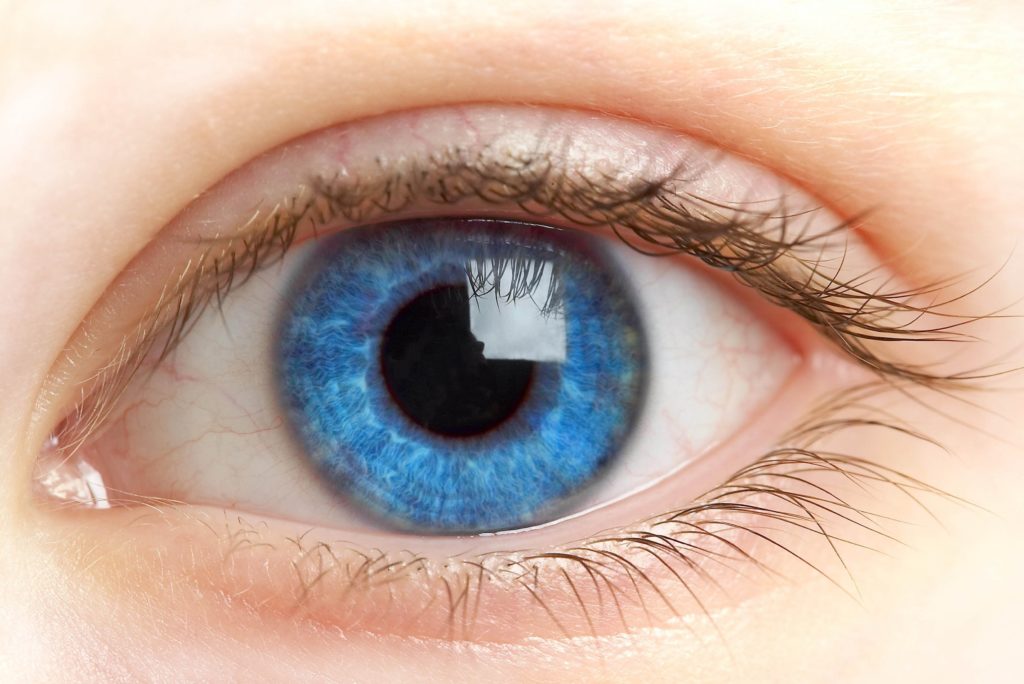It’s easy to understand the importance of our vision to our overall quality of life, yet millions of people all over the world don’t take appropriate steps to look after their eyes in the same way they do the rest of their body. Given that your eyes don’t usually hurt when there’s something wrong, it’s particularly important to get regular eye tests from a qualified professional, with the NHS in England recommending an eye test at least every two years. However, if you’re a child wearing glasses, you have diabetes, a family history of glaucoma or you’re over 70 years old, they should be much more frequent.
An eye test will not only show if you need corrective lenses or prescription sunglasses, but they can also pick up signs of conditions before you’re aware of any symptoms, including diabetes, macular degeneration, glaucoma and scores of others.
Your sight test will be carried out by an optometrist or ophthalmic medical practitioner, who will check your visions and the overall health of your eyes. If it’s found that you need corrective lenses, you will also see a dispensing optician, who will ensure your new lenses fit properly.
At the end of your test, your results will show you if your sight needs correcting, or if you need to be referred for further investigation of something discovered during your eye test. This can include a referral to your doctor or local hospital, particularly if an overall health condition is suspected. Often, eye tests pick up on potential problems very early, making them an important part of your regular health screening.

 2018 ·
2018 ·